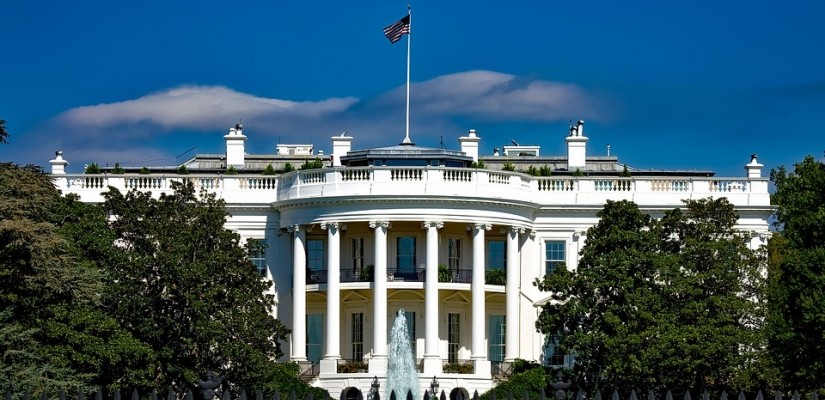The Kurds are the fourth-largest ethnic group in the Middle East, but they do not possess a sovereign state of their own. This fact highlights that conflict along Turkey’s borders with Syria, Iraq, Iran, and Armenia — where 25-35 million Kurds are settled — seems inevitable. According to estimates, approximately 15 million Kurds live in Turkey, many of them in the Eastern region of Anatolia. Turkey in particular shares a long history of frequent conflict with the Kurdish population.
Violent disputes between Turkish and Kurdish forces can be traced back to the early 20th century, when Kurdish uprisings disrupted the rule of the Ottoman empire. As a consequence, Turkey banned Kurdish culture, stripped the minority group of their ethnic identity, and tried to assimilate them as ‘Mountain Turks’. The Treaty of Lausanne, which was agreed upon in 1923, only added to the tensions by delineating Turkey’s border and denying the Kurdish population a sovereign territory. Rising tensions eventually led to the founding of the militant Kurdistan Worker’s Party (PKK) in 1987, which demanded cultural integrity, political rights, and a sovereign state. Although a ceasefire agreement between the two opponents was signed in 2013, the settlement was later dissolved after continued mutual acts of aggression.
In Syria, Kurdish parties such as the Democratic Union Party (PYD) announced unanimously in 2014 that Afrin, Kobane, and Jazira were under its administration in order to exercise greater autonomy. Two years later, they proclaimed a local federal system to emphasize their position. The legitimacy of this move was denounced by the Syrian government, the Syrian opposition, Turkey, and the United States. Despite this disagreement, relations between Syrian Kurds and the U.S. are defined by military cooperation. Since the rise of the Islamic State of Iraq and the Levant (ISIL), Kurdish forces in Syria have cooperated with the Syrian Democratic Forces (SDF), the U.S. military, and local Arab militias to push ISIL out of Syria and regain control of the land along the Syrian-Turkish border.
Kurdish involvement in the fight against ISIL forces is what creates friction between the governments in Washington, D.C. and Ankara. Starting in 2015, the administration under U.S.-President Barack Obama drew Turkey’s ire because U.S. troops collaborated with the People’s Protection Units (YPG) in the fight against the ISIL. The YPG grew out of the Kurdish PYD as a military extension in the mid-2000s and is considered a threat by the Turkish government due to its affiliation with the Kurdistan Worker’s Party (PKK). Turkish authorities regard the PKK as a terrorist group because of continuous armed clashes in the past.

In December 2018, President Trump confirmed the withdrawal of the approximately 2,000 U.S. troops stationed in Syria. This leaves a vacuum between the Turkish military and Kurdish forces. The risk is that Turkey may launch an attack against Syrian Kurds who have found shelter from ISIL in the Turkish borderland. These developments have put a strain on diplomatic relations between Turkey and the United States. The government in Ankara fears that Syrian Kurds will establish an autonomous area along Turkey’s Southeastern border and demand U.S. support in return their status as NATO partners in the fight against ISIL. U.S. President Donald Trump, however, threatened Ankara with economic sanctions if it started raids against the Kurds. This may be effective leverage because it could paralyze Turkey’s struggling economy. A 20-mile buffer zone around Kurdish border territory is a compromise that both the U.S. and Turkey might be willing to agree on. Moreover, the withdrawal of U.S. soldiers in Syria is an ongoing process that is not completed yet.
Fluctuating relations have marked recent diplomatic engagement between the U.S. and Turkey. In addition to the Kurdish question, the stalled extradition of Turkish preacher Fethullah Gülen, who allegedly incited a military coup in Turkey in 2016, strained diplomatic ties between the two countries. Furthermore, the death of Saudi Arabian journalist Jamal Khashoggi in Istanbul put the Turkish government in a precarious situation, forcing it to execute a well-calculated gambit in order to balance Turkish connections with the U.S. as well as Saudi Arabia. Conversely, an easing of U.S.-Turkey relations ensued after Ankara released imprisoned U.S. pastor Andrew Brunson in October 2018.
The long-lasting armed ethnic conflict between Turkish soldiers and Kurdish forces will presumably not find closure in the foreseeable future. The settlement of displaced Syrian Kurds in Turkey only adds to the existing issue. Despite the United States’ efforts to act as a mediator, it seems unlikely that tensions will decrease as long as both the Turkish government and Kurdish militias pursue mutually-hostile policies. Turkey’s position on the Kurdish question further complicates its interaction with the U.S.
